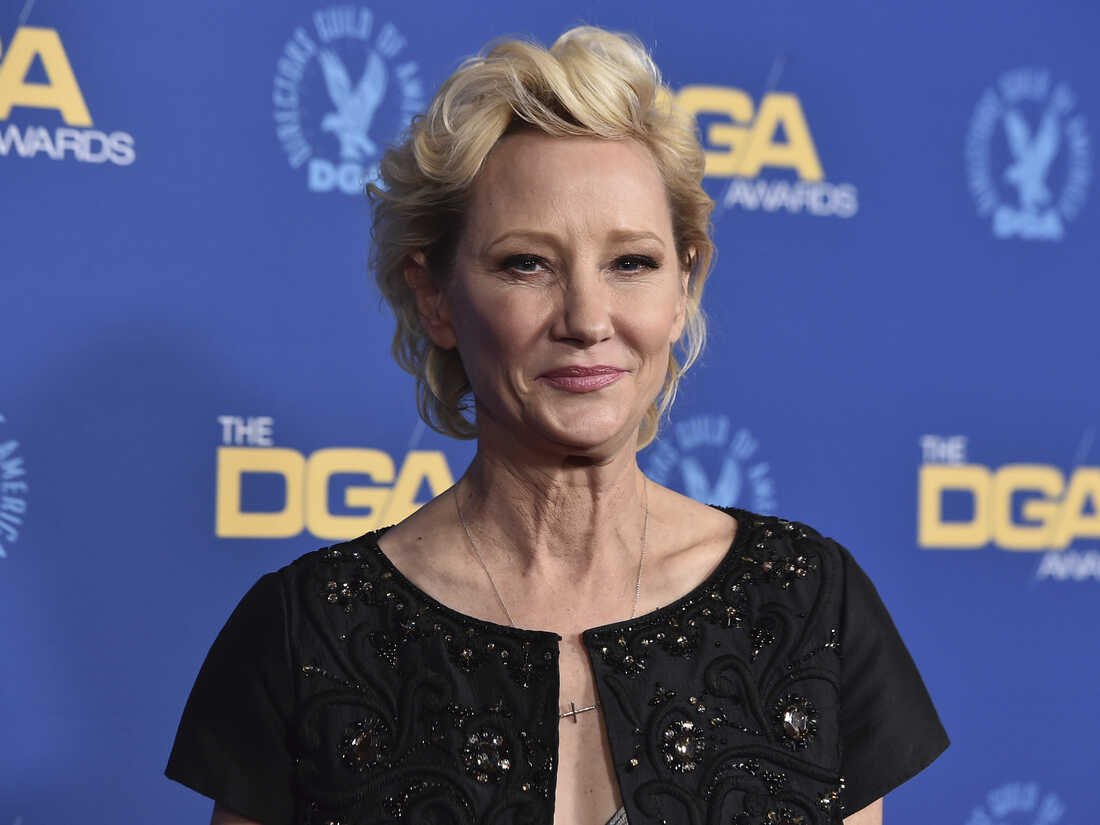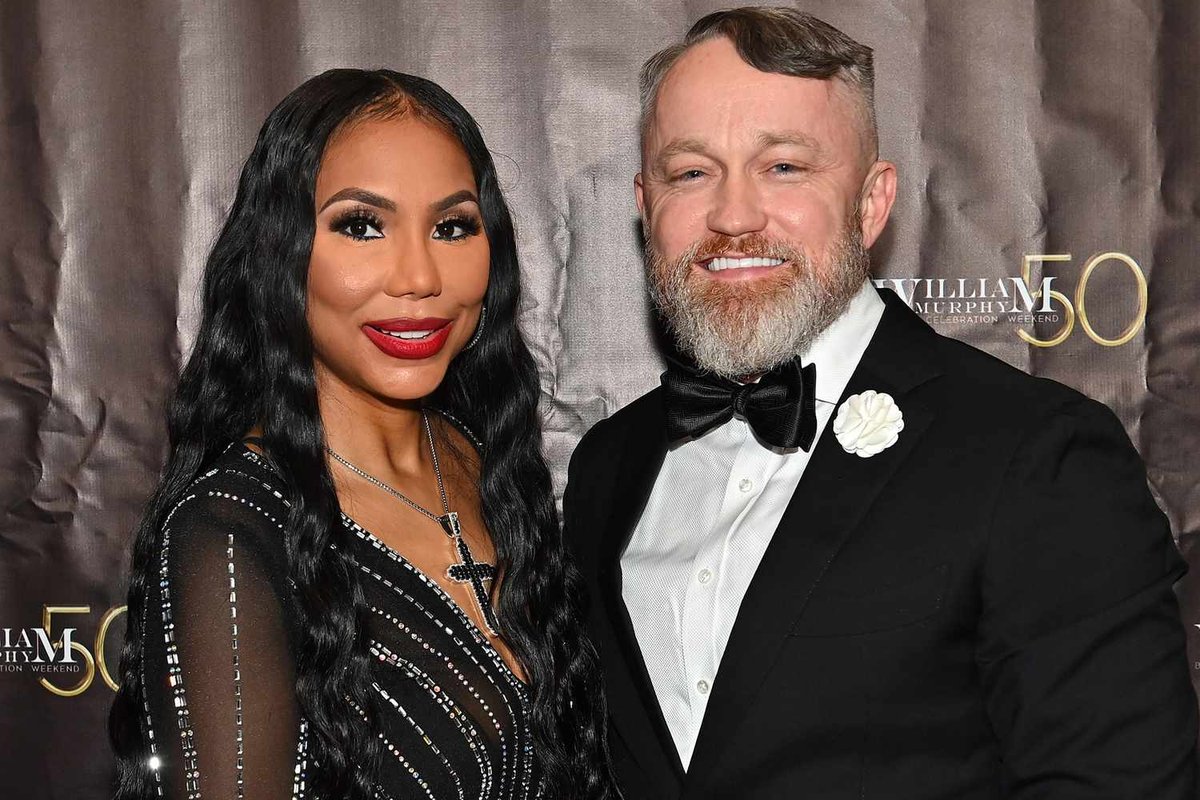Yulissa Escobar Reveals Surge of Death Threats After N-Word Scandal

Objective reporting, insightful analysis: let’s begin. Former Love Island USA contestant Yulissa Escobar has shared harrowing messages she says have flooded her inbox since being removed from the show for using a racial slur on past podcasts. The fallout has escalated far beyond accountability, with Escobar posting screenshots of direct messages that include violent threats, derogatory comments about her appearance, and instructions to take her own life.
Escobar’s apology for dropping the N-word dates to mid-July, when fans and showrunners decided her past language warranted expulsion from the Love Island villa. Since then, she writes, “full-blown cyberbullying” has taken over her daily notifications. In her Instagram Stories, Escobar displayed multiple messages calling for physical harm. One reads, “I hope you choke,” while another demands, “Do us all a favor and disappear.” These threats of violence underscore a stark contrast between calling out discriminatory language and unleashing dehumanizing harassment.
Context matters: online harassment research shows social media users who admit controversial remarks often become prime targets. According to a 2021 Pew Research Center study, 41 percent of Americans have experienced some form of online harassment, with 18 percent reporting repeated, severe attacks. Escobar’s case highlights how a reality-TV scandal can amplify that trend. The public reaction morphed from justified critique to punitive vitriol, triggering serious mental health concerns. Escobar mentioned anxiety and sleepless nights in follow-up posts, emphasizing that “hate comments are not constructive.”
Escobar is not alone in receiving such abuse. Fellow Love Island USA alum Cierra Ortega also revealed she has been inundated with death threats following revelations of her own offensive remarks about an Asian contestant. That pattern demonstrates how swift social media condemnation can spiral into an onslaught that eclipses original infractions. Experts warn that the blurred boundary between accountability and cyberbullying can inflict lasting trauma. Online safety advocates advise clearer moderation policies on Instagram and Twitter to protect public figures who own their faults.
Love Island USA production has declined to comment on how it supports former contestants facing harassment. Viewers and media analysts are now asking whether networks should offer mental health resources post-show and close monitoring of fan-driven hate campaigns. Until then, Escobar’s public stance remains firm: she accepts responsibility for using a slur but rejects cruelty that targets her humanity.
That wraps up today’s analysis. Watch this space as the conversation around digital hate and reality-TV accountability continues to evolve.
Sources: Celebrity Storm and TMZ, Pew Research Center
Attribution: Creative Commons Licensed




